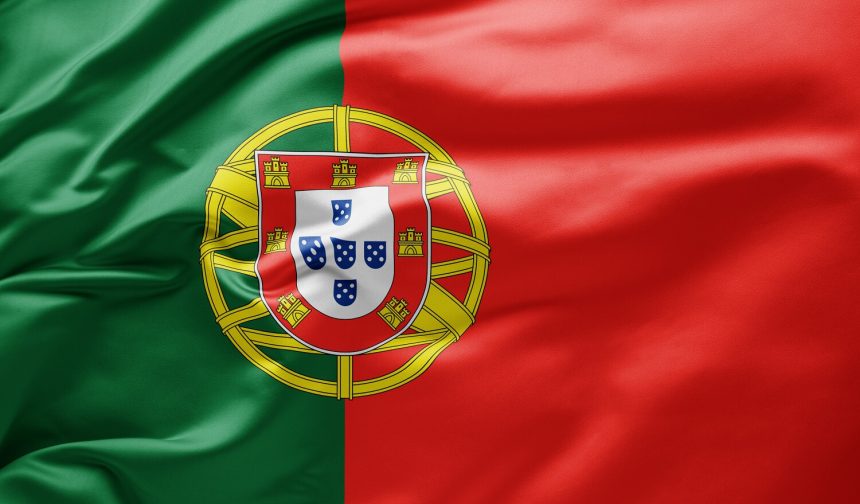The governor of Banco de Portugal, Mário Centeno has called for international cooperation towards a global framework for crypto regulation.
According to him, national efforts alone cannot protect investors due to the nature of digital assets as it can lead to regulatory arbitrage creating loopholes for bad actors to capitalize.
Speaking at the 2023 Banco de Portugal Financial Stability Conference on Oct. 2, Centeno praised the Markets in Crypto Asset (MiCA) regulations and criticized certain crypto products following recent market crashes leading to billions in losses.
On MiCA he praised the robust regulatory framework and how countries are pushing for domestic compliance based on the provisions of the law.
Being an advocate for collective efforts, he called for the principle of “same risk same regulation” based on the fact that the market is fairly new.
“Today’s financial landscape is evolving at an increasingly rapid pace, driven by continuous innovation, greater reliance on digital platforms, and the emergence of mixed-activity groups. It would be short-sighted to believe that regulating and supervising these global risks and international players at the national level will suffice.”
He added that regulators would need to strike a balance between effective regulations and limiting innovation in the market.
Globally, calls have been made by other regulators on the need to have a global framework where authorities can collaborate to harmonize legislation.
This year, the Indian Prime Minister urged the G20 leaders to adopt a framework in line with recommendations from the International Monetary Fund (IMF) and the Financial Stability Board (FSB).
Some crypto products are “unsustainable”
Aside from calling for global regulations, the bank’s chief noted that though crypto assets offer certain utilities like lower prices and cross-border reach, the wider market poses concerns.
He added that digital assets gained traction during the COVID-19 pandemic as most assets hit their all-time highs but have so far proved unsustainable based on declining prices and project implosions in the last few years.
Notable examples are the implosions of the Terra network and the infamous FTX crash that wiped billions off the market leading to global bottleneck regulations.
“Crypto-assets and Decentralised Finance, or DeFi, exemplify this risk. While proponents of crypto and DeFi talk about the democratization of finance, it is not clear whether it will materialize, especially given the highly technical nature of this space.”
Finally, his speech mentioned that while it is unclear if digital assets are here to stay, European regulators have not been silent creating the perfect synergy between traditional finance and decentralized finance (DeFi).
Read the full article here




